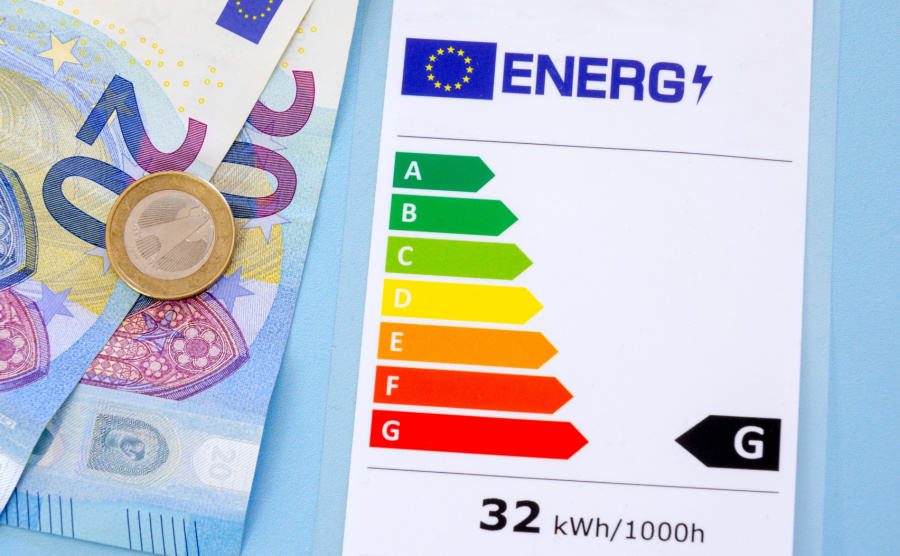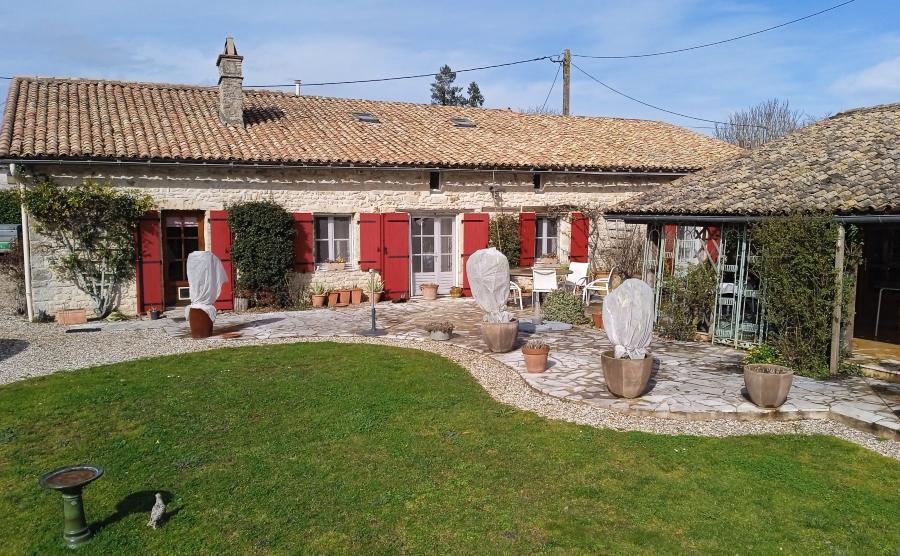To sell a property in France, the seller legally has to provide up-to-date energy ratings before it can go on the market. This is known as the “Diagnostic de Performance Énergétique” in France or DPE. The other ratings on gas (if applicable), electricity, natural risks, termites, lead and asbestos, must be done before the property is sold. This is termed as “dossier de diagnostic technique” (DDT).
The DPE or energy performance certificate (EPC) lasts 10 years, though it’s just two years for new builds. The other tests have varying shorter lives. However, today we’re looking at the new law pertaining simply to energy ratings. It is worth going over your DPE if you had one done several years ago as if you have done any work to your property, it may be a good idea to have it done again to reflect the new and better rating.
Find homes in France via our property portal.
What is the DPE?
The ratings on the DPE range from A to G, and are calculated according to the property’s heating system, hot water, ventilation systems and insulation. Essentially, the ratings provide information on the total energy consumption in kilowatt hours per square meter each year. Naturally, A is the best rating and G is the worst.
The cost of obtaining the DPE is borne by the vendor and is likely to be anything between €100 to €250.
A new law has recently been introduced which requires that the energy efficiency of your property be measured in a standardised way. The reason for this is that France, along with many other countries, is keen to become more eco-friendly. The law forms part of the objectives working towards the five sustainable development goals which form part of the UN 2030 agenda.
This new law, called “loi climat et resilience” means that all DPEs will have to include detailed information about refurbishment costs that may be required so that the least energy-efficient properties are brought up to standard. Up until this new law came into being, the DPE certificate was purely informational for new buyers. But now, the rating you receive will bring with it any likely refurbishment costs and could impact the price the property is being sold for. In other words, it is more than just for the buyer’s information.
Does the law apply to rental properties?
Yes, it does and could equally impact the amount of rent the landlord is allowed to charge for the property. As an example, if you rent out your French property and you are thinking of increasing the rent, you need to check your energy rating. If it is F or G, you will need to make plans to improve this before any rent increase. It is obligatory to carry out an energy audit for an F- or G-rated property. Again, this gives your buyer details on how the DPE can be improved.
Since July 2022, you can’t put forward a blank energy performance certificate (up until then this was permitted). Also, as of January 2022, it has been mandatory to advertise an estimate of the amount of energy bills. The DPE now should include recommendations for any works which are recommended to be carried out to improve the general energy performance of your property. This may involve such things as better insulation, improved window frames or installing a heat pump.
Looking ahead to next year, all properties must have a minimum of an F on their energy certificate and an E by 2028. A G rating would mean the property is not permitted to be on the rental market. It is predicted that by 2034 the minimum will be a D. This does not at the moment affect the sales market.
How will this affect my plans as a buyer?
Looking ahead, these new regulations may mean that it will become more attractive to would-be purchasers to buy properties in need of renovation, as France is still offering renovation grants and loans for people who wish to improve their home’s energy efficiency. There are different schemes available in different departments so it is worthwhile checking with your mairie to see what incentives are available in your area.
Although these new regulations may seem in some ways draconian, they are designed to make all properties more energy efficient. When it comes to rental properties, this seems a fair way of protecting both tenants’ and property owners’ rights.
Most buyers in France are likely to take account of the energy rating and a good one that may well tip the balance when it comes to them making an offer on any property. Plus, any improvement in energy efficiency will not only make for more comfortable living but will also increase the value of your property.
To summarise, it is essential to get your DPE done and to comply with all legal requirements.
If you’re unsure whether prospective homes in France are up to scratch, speak to your estate agent.













